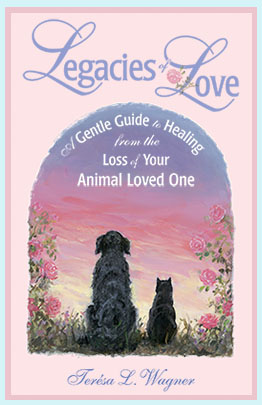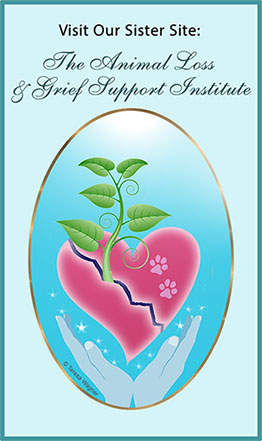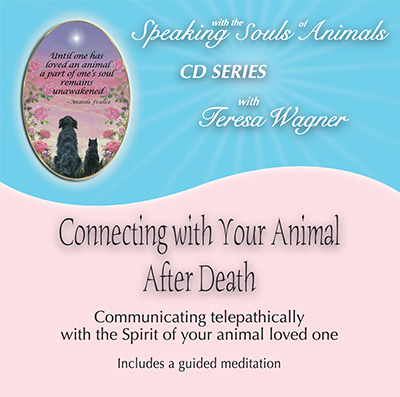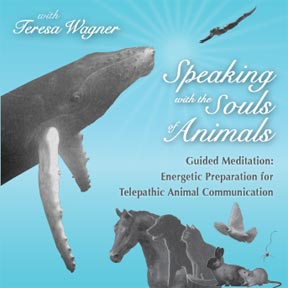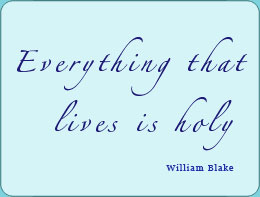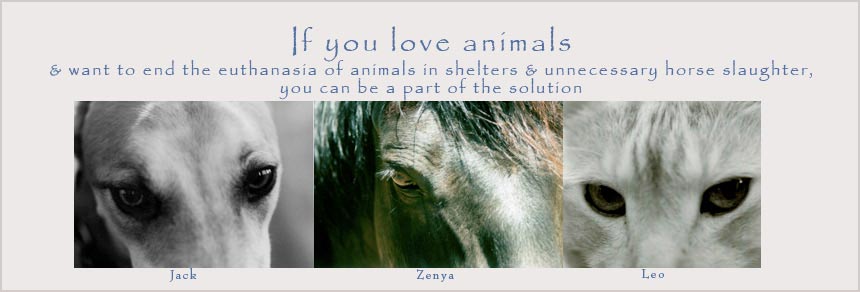How Your Supplement Choices Could Be Harming Whales
copyright Teresa Wagner
Share with anyone and everyone!
Many of us have heeded recommendations from health professionals to include adequate amounts of essential fatty acids in our diets by regularly eating fish and taking fish oil or krill supplements rich in omega 3, 6, & 9 oils. Taking these substances may be good for our bodies but not so good for the whales. Why?
The ongoing harvesting of krill for human consumption as nutritional supplements—for humans and pets—appears to be threatening the food source of seals, penguins and whales. "Krill is the basis of the Antarctic food web, on which fish, seals, penguins and whales all rely," says Willie Mackenzie, of Greenpeace's oceans campaign. "It's simplistic short-termist spin to refer to krill fishing as sustainable when there are huge gaps in knowledge of the species' life history, population dynamics, and the impacts that climate change is having on its abundance." Read more about the krill crisis
Regarding fishing, well, pretty soon, there may not be many fish left in the sea. "For centuries, the oceans have fed humankind. But in the last century, human greed has raped and pillaged oceanic eco-systems remorsefully with an ecological ignorance that is staggeringly insane," says Paul Watson of Sea Shepherd. According to scientists interviewed in the documentary based on Charles Clover's book, The End of Line, if we continue fishing as we are now, we will see the end of most seafood by 2048. Says Clover himself, "We must stop thinking of our oceans as a food factory and realize that they thrive as a huge and complex marine environment. Overfishing is the great environmental disaster that people haven't heard about. Read more about the impact of overfishing
In addition to the depletion of fish, the nets, lines, buoys and traps from the fishing industry entangle and torture over 300,000 cetaceans each year (Reid et al, 2006)—only a small percentage of which are fortunate enough to be helped by human disentanglement experts. The rest suffer and can die long and painful deaths. Read more from the Coastal Studies Web site
In March 26, 2009 I saw this with my own eyes. While on a whale swim trip in Silver Bank off the Dominican Republic, when a humpback mother, escort and calf approached our small boat we quickly saw that the calf was severely entangled in fishing gear. This month old little whale, about twelve feet long, was dragging over 150 feet of line, floats and heavy fishing traps. His mouth was severely injured from the lines that ran through it like a horse bit from the weight of the drag of all this fishing gear. His flesh was deeply cut above the fluke making it very difficult for him to dive. His breath was wheezy and irregular. His mother was in obvious, tremendous distress. The calf's weariness and pain were palpable. Most of us in the small boats near these whales prayed and sent healing energy to this family, while brave crew members worked tirelessly (initially Tom Conlan of Aquatic Adventures, then Jeff Pantukhoff of Save the Whales Again for several hours), diving again and again attempting to cut the calf free of the multiple lines, floats and traps. This was amidst a fearful and distraught mother who made it quite challenging to approach the baby. After hours of heroic and dangerous work, some of the lines were cut, but not all. When darkness approached, Jeff could no longer adequately see well enough to help. We had to return to the mother ship, leaving the entangled, injured calf behind.
Before that day I was no stranger to the phenomenon of entanglements as a threat to whales. Ironically, the day before I had given a presentation on our dive boat on the natural history of humpback whales, including descriptions of such entanglements. But the difference between the years of scanning the literature, reading the rescue stories and seeing photographs of entanglements and the reality of seeing it in person was about as different from reading about Mars and walking on Mars. It like living a nightmare. We were seventy miles from land, thousands of miles away from trained disentanglement teams with specialized equipment. There was no help to call. We just had to leave them. It was one of the most painful experiences of my life. In some ways worse than when my loved ones have died, because we all knew the the calf was still suffering.
Fishing gear entanglement of whales is real. And accidental or not it is cruel. As humans we have alternatives to eating fish and using fish based products for our nutritional needs. We can choose to not participate in the entanglement of whales when we make our dietary and supplement choices. Krill and fish are diminishing sources of food on the planet. As humans, we have viable land based alternatives to get our essential fatty acids. Whales and all marine life have only the ocean as their source of food. Why would we want to deprive them of their declining food source? The ocean is their pantry and it's the only one they have. We have flax seed oil and microalgae (grown in sterile ponds on land) available to us. It's unfair to steal food from the whales and other marine animals when we can grow what we need on land.
Compassionate and Sustainable Alternatives to fish oil and krill supplements include:
- Flax seed oil (for EFA omega 3, 6, & 9's)
- Microalgae (for DHA, one of the omegas not in flax oil)
To maximize production of DHA and EFA (omega fatty acids), we need good sources of alpha-linolenic acid in our diet. Alpha-linolenic acid is found not only in fish but in flaxseed, flaxseed oil, canola oil, tofu, soybeans, and walnuts. DHA, a particular omega 3, a polyunsaturated fatty acid, is not found in flax seed oil but is found in microalgae. Which is why people who want to replace fish and krill oil with compassionate-based supplements need to take both flax seed oil and microalgae. Microalgae is grown in sterile ponds, not harvested from the ocean, so it does not in any way reduce the food source for animals living in the sea.
Love whales? Love the earth? Want to live Green? Use flax seed oil and microalgae supplements for you and your pets, instead of fish oil or krill based products. Eat lentils instead of fish. Be happier, live compassionately.
Compassion is not simply a sense of sympathy or caring for those who suffer, but a sustained and practical determination to do whatever is possible and necessary to help alleviate their suffering.
~ Sogyal Rinpoche, The Tibetan Book of Living and Dying
Links
- Barleans Organic Flax Seed Oils
- "We Need to Stop Eating the Oceans", by Paul Watson of Sea Shepherd
- 1,182 Lentil Recipes
- Why I Became a Vegetarian and Then a Vegan, by Teresa Wagner

